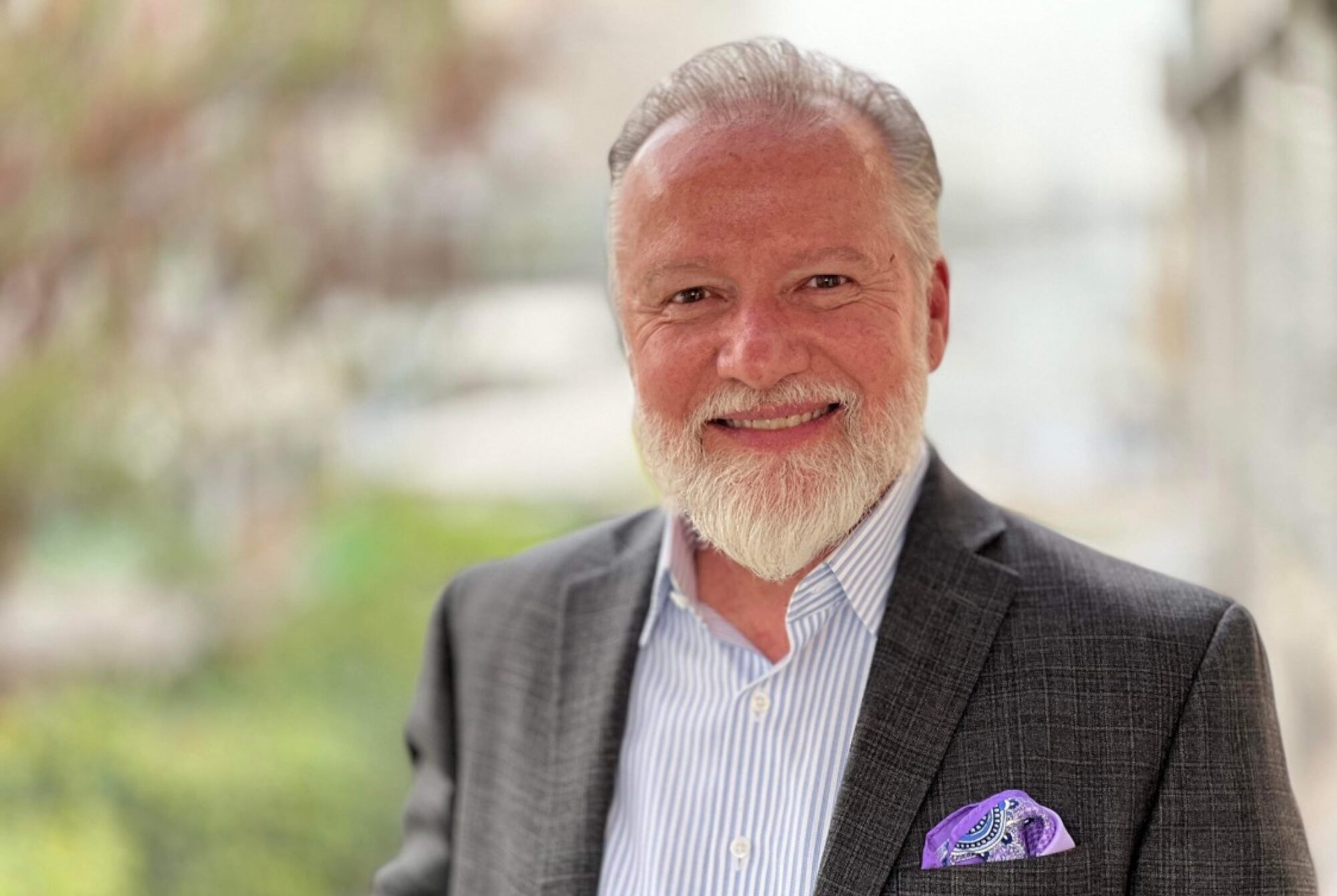There’s an old adage related to communication in marriage that goes something like this. “There’s what I said, what I thought I said, and what she thought I said.” Communication is a complicated process, and it can get messy if we do it wrong.
Sometimes the person speaking thinks he was crystal clear only to have the other person entirely miss the point. When this happens, it’s easy to blame the listener. And, while they may share some of the responsibility, it’s a wise person who acknowledges that at least some of the burden rests on the part of the speaker. So, how do we become better at personal communication? The answer is simple, but it isn’t easy. Seek feedback.
I do a lot of public speaking, and over the years, I have had to give counsel to others who are just starting to develop that skill. Over the years, I have learned to read an audience. After all, just because I’m the one doing the talking, doesn’t mean they aren’t communicating. I’m watching for non-verbal communication. Are they leaning in, or are they distracted? Are they texting, or are they nodding? Are they watching the clock, or are they tracking with me? All of these things are important. Sometimes I even ask questions. No, I can’t process every individual answer, but simple questions are a great way to keep people engaged. And, asking people what they think, what they’re learning, or what they’re hearing is the number one way to seek feedback. Of course, we have to ask with the right motive.
Humility goes a long way as we communicate with friends and foes. We need to be humble enough to acknowledge that we don’t always say what we mean. After all, we have what Chip and Dan Heath call “the curse of knowledge.” I know what I mean, I understand the context, and I have often practiced the conversation in my head before it comes out of my mouth. However, those listening to me don’t have this knowledge. If I act as though they do, it’s likely we’ll miss each other on the communication superhighway. Or, worse yet, I will unintentionally offend the person with whom I’m trying to engage.
So, how do we prevent making this mistake? There are several things we can do, but nothing is better than asking questions and then listening to the answers. Our questions have to be genuine. We can’t just ask questions to set the table for what we want to say. To do this breaks trust with the other party, and quite frankly, it makes us appear self-absorbed. I’m sure you’ve never done this, but, regrettably, I have. I think I have learned from my mistakes, but I still have to discipline myself.
The Book of James in the Bible tells us that we should be quick to listen but slow to speak (1:19). Or, as the wise old grandmother said, “There’s a reason we have two ears but only one mouth.” So, do the math. I have. I want to listen twice as much as I speak. Not only does this help me show people that I value them, but it also does something useful in my own heart as I put others ahead of myself.
Today, I put this disciple into practice, and I learned a lot about almond and raisin farming in the San Joaquin Valley of California. It was fascinating. But, more importantly, I made a friend. And, I have a sneaky suspicion that my new friend will be leaning in tonight as I speak at his church.
Photo by Alexis Brown on Unsplash

